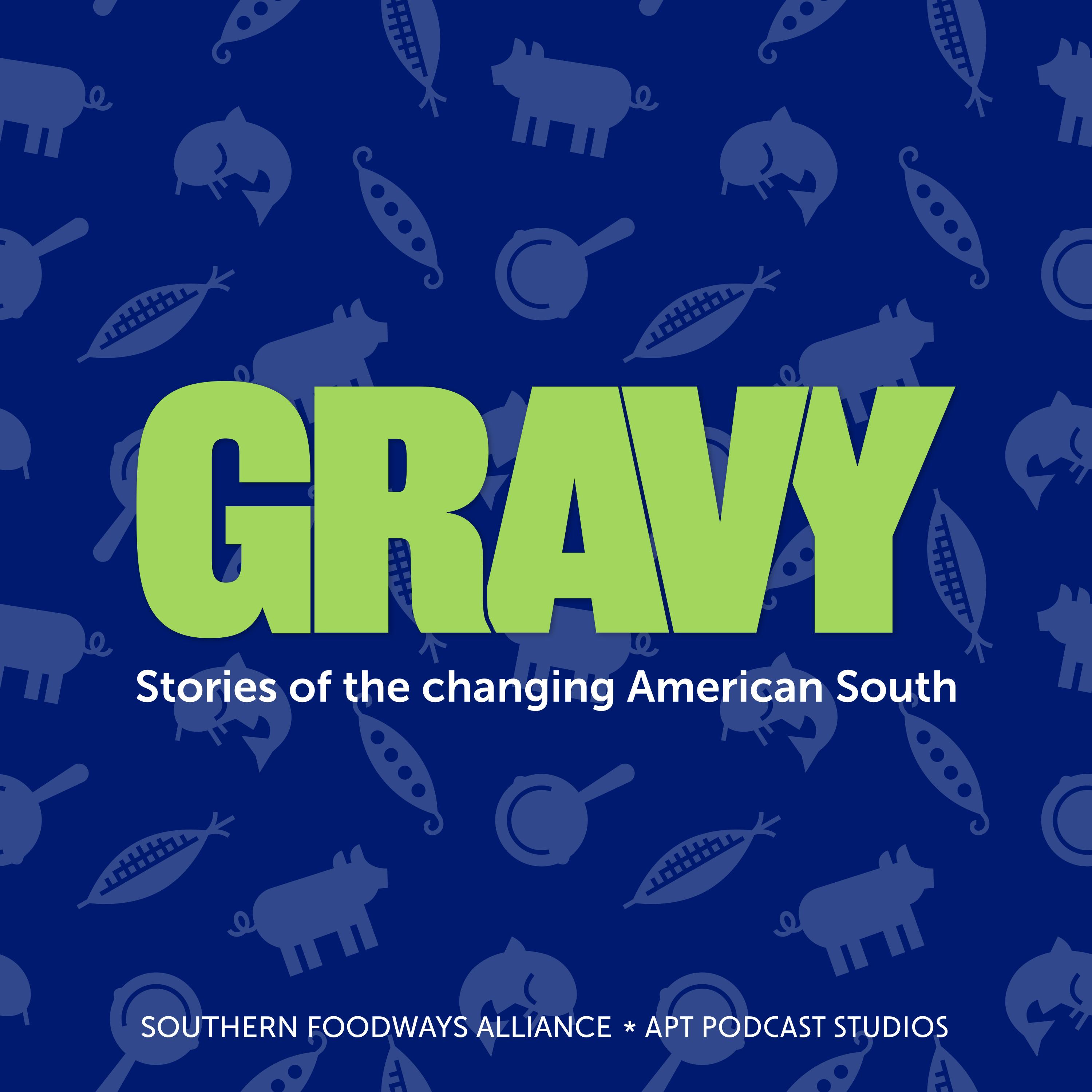Rib Tips, Hot Links, and the Mississippi Roots of Chicago Barbecue
Description
In “Rib Tips, Hot Links, and the Mississippi Roots of Chicago Barbecue,” Gravy producer Courtney DeLong dives into the history of Chicago barbecue and its connection to the Great Migration.
When people think about the best barbecue cities in America, they tend to think about places like Memphis, Kansas City, and Austin. In doing so, many neglect a unique and innovative barbecue hub: Southside Chicago. Melt-in-your mouth rib tips and seasoned hot links sitting on freshly-crisped french fries, topped off with a slice of white bread. Sweet and tangy sauce on the side. Almost always served to-go.
The story of Chicago-style barbecue begins, in part, in the Great Migration. Between 1910 and 1970, six million Black Americans left their homes in the South to escape the violence of Jim Crow segregation and pursue greater economic, educational, and social opportunities. Chicago became a major destination, especially for migrants from Deep South states like Alabama and Mississippi. From 1910 to 1940, the city’s total Black population grew fivefold. By 1970 it had grown from under 50,000 to over 1 million.
Once early migrants traveled to Chicago, they established community networks that encouraged family and friends to join them. Facing discrimination, red-lining, and sometimes debilitating homesickness, Black migrants built neighborhoods and community structures that supported each other and welcomed Black Chicagoans.
Barbecue was one of the practices that made the journey north. Pitmasters built outdoor smokers made from box springs or empty barrels, and learned to use aquarium pits. They set up takeaway stands in vacant lots and front lawns across the city’s Black neighborhoods. Operating within the constraints of their spaces and supplies, they created rib tips from the edges of pork ribs, and hot links, a spicy sausage.
For this episode of Gravy, DeLong interviews Charlie Robinson, who moved to Chicago from the Mississippi Delta and founded Robinson’s Ribs with the techniques he learned in his youth. Dr. Marcia Chatelain, a Pulitzer Prize-winning historian who studies the Great Migration and food, describes the experiences, challenges, and opportunities that migrants faced in their new homes. DeLong also speaks with Dr. Barbara Ann Bracy, whose parents started the beloved barbecue restaurant Barbara Ann’s, and Mimi Johnson of Alice’s Bar-B-Que. Chicago-style barbecue tells the story of Black Americans who made the best of impossible decisions.
To learn more about Chicago and the Great Migration, this episode’s producers encourage readers to explore Dr. Chatelain’s books Southside Girls and Franchise, Michelle R. Boyd’s Jim Crow Nostalgia, and Isabelle Wilkerson’s The Warmth of Other Suns. For more on the history of barbecue we recommend Adrian Miller’s Black Smoke and for an understanding of the political power of food we recommend Frederick Douglas Opie’s Southern Food and Civil Rights.
The episode was produced and reported by Courtney DeLong and co-produced and co-reported by Jess Eng.
More Episodes
In “How Pineywoods Cattle Bucks Big Beef,” Gravy producer Stephanie Burt takes listeners out to the rolling pastures of the South to meet Pineywoods cattle, a breed that’s been grazing in the Southern region of the United States since the 1500s. The cow that some see as old fashioned is being...
Published 04/24/24
Published 04/24/24
In “Unshelled: George Washington Carver's Real Legacy," producers Ishan Thakore and Katie Jane Fernelius explore a lesser-known aspect of Dr. George Washington Carver’s legacy: his role as a conservationist and a practitioner of sustainable agriculture.
Carver’s life defies easy explanation. He...
Published 04/10/24


